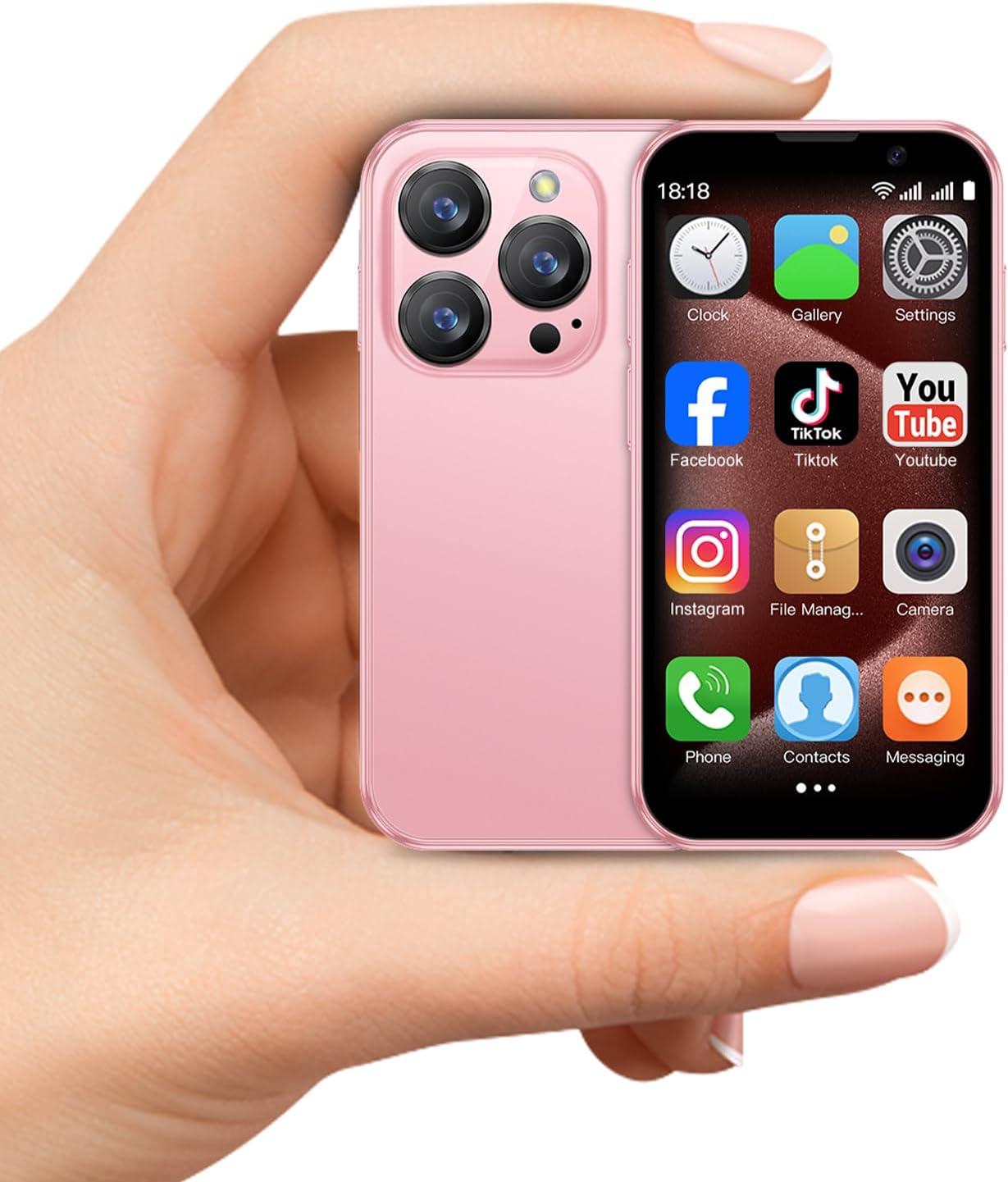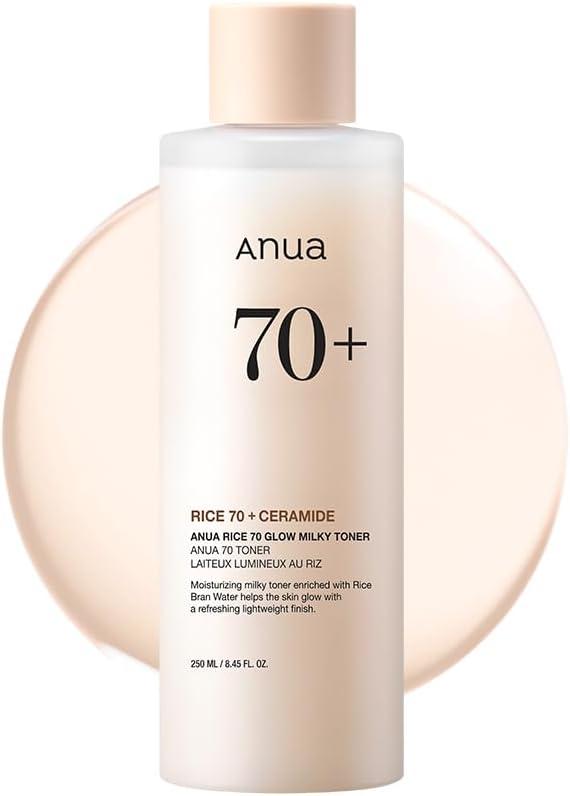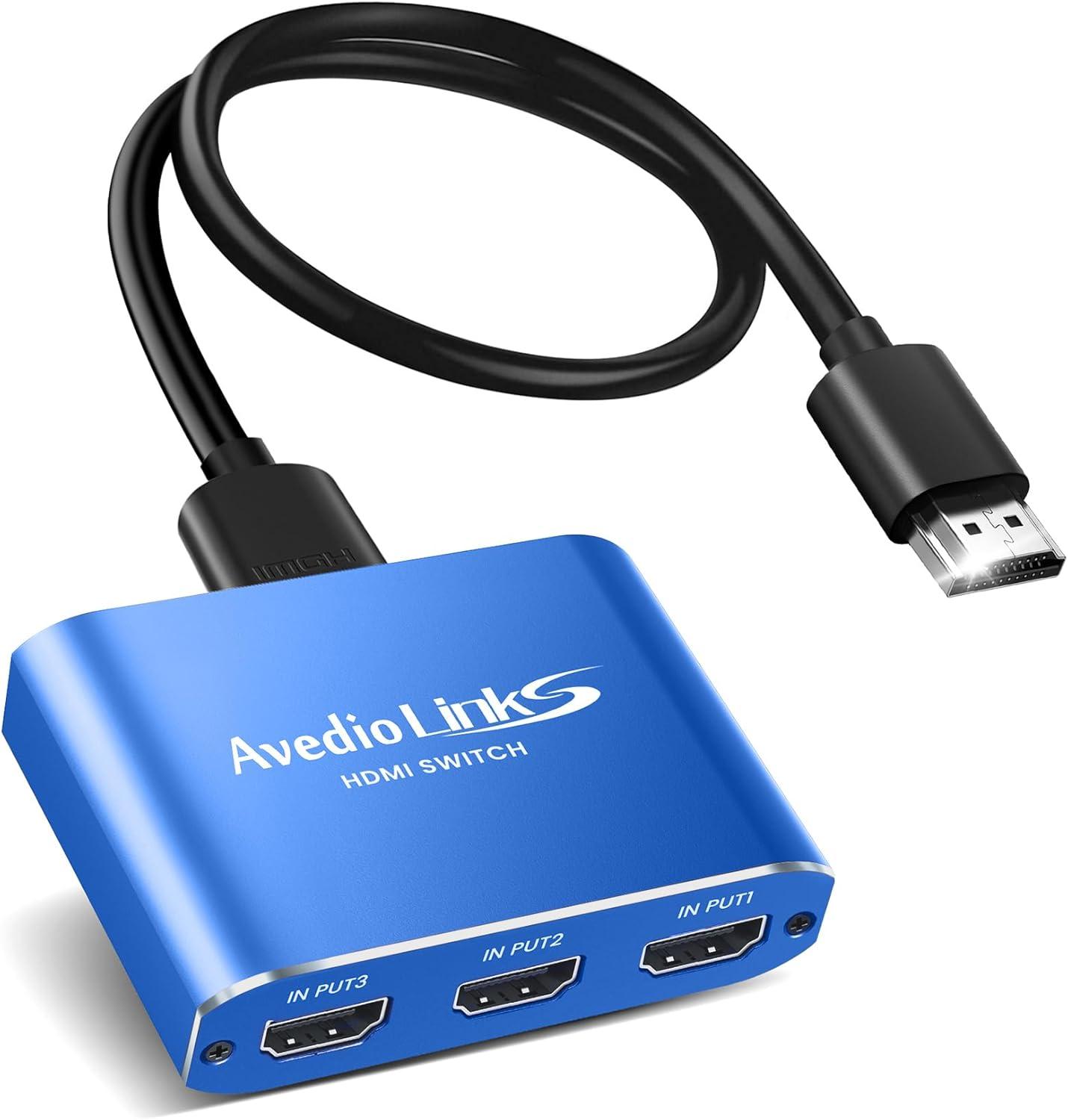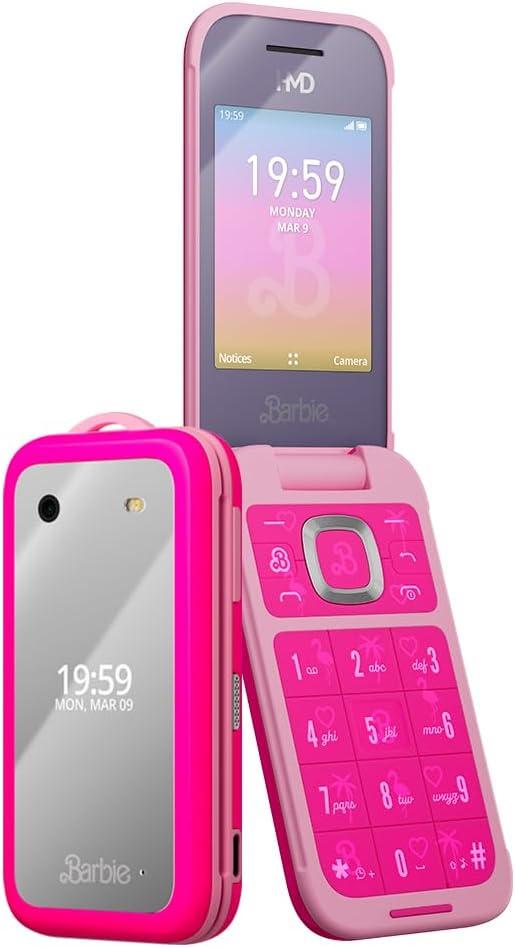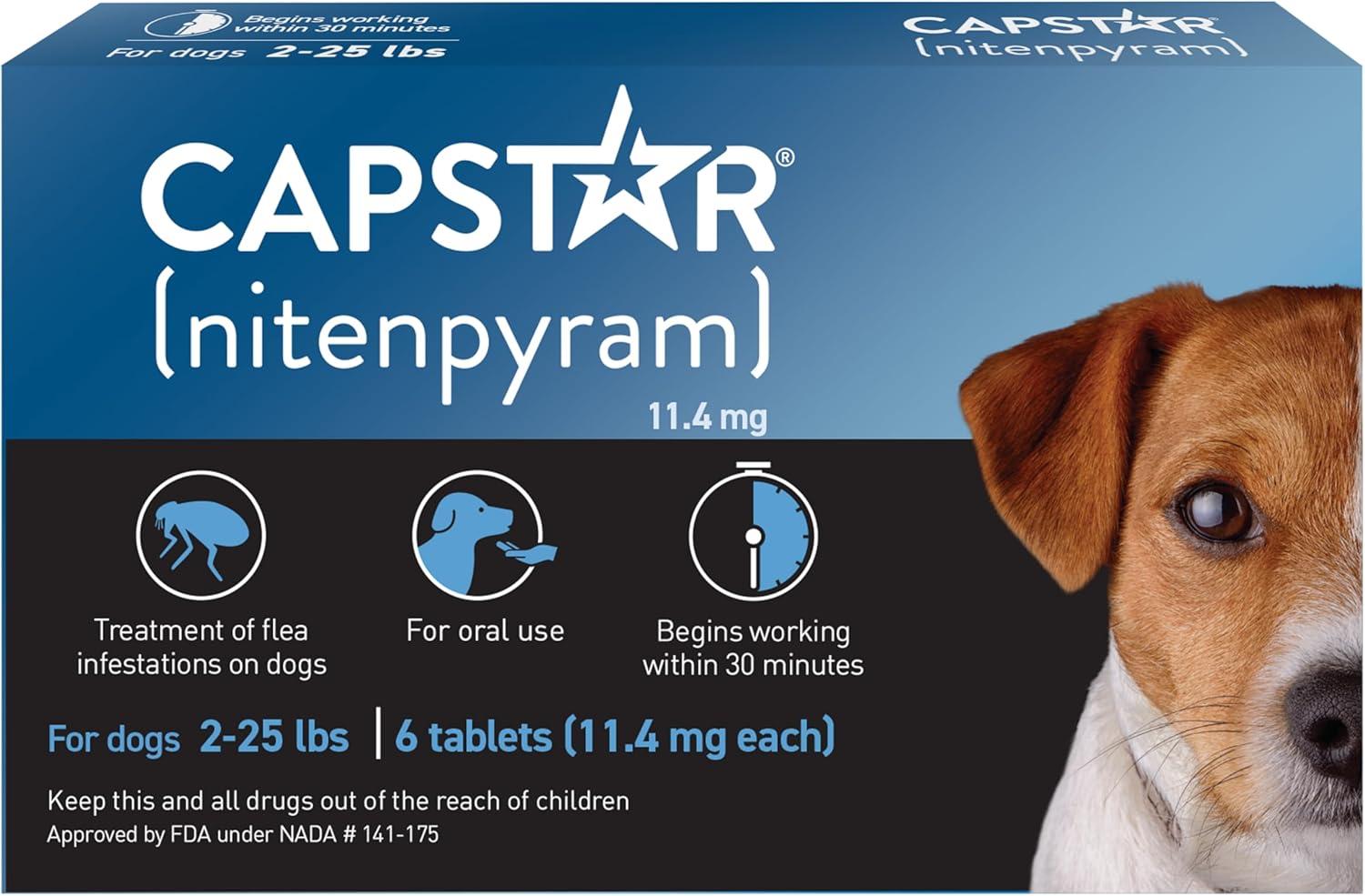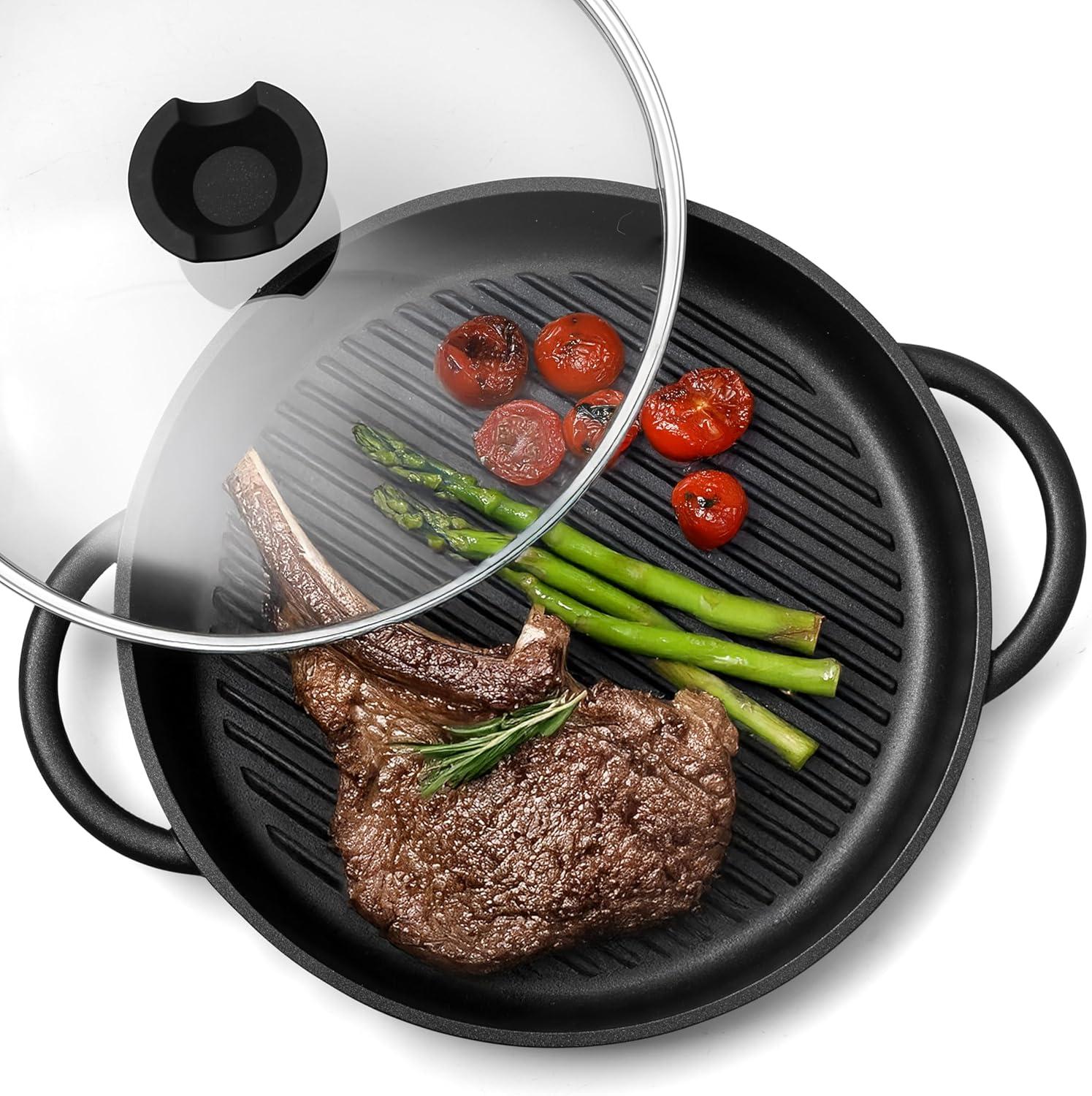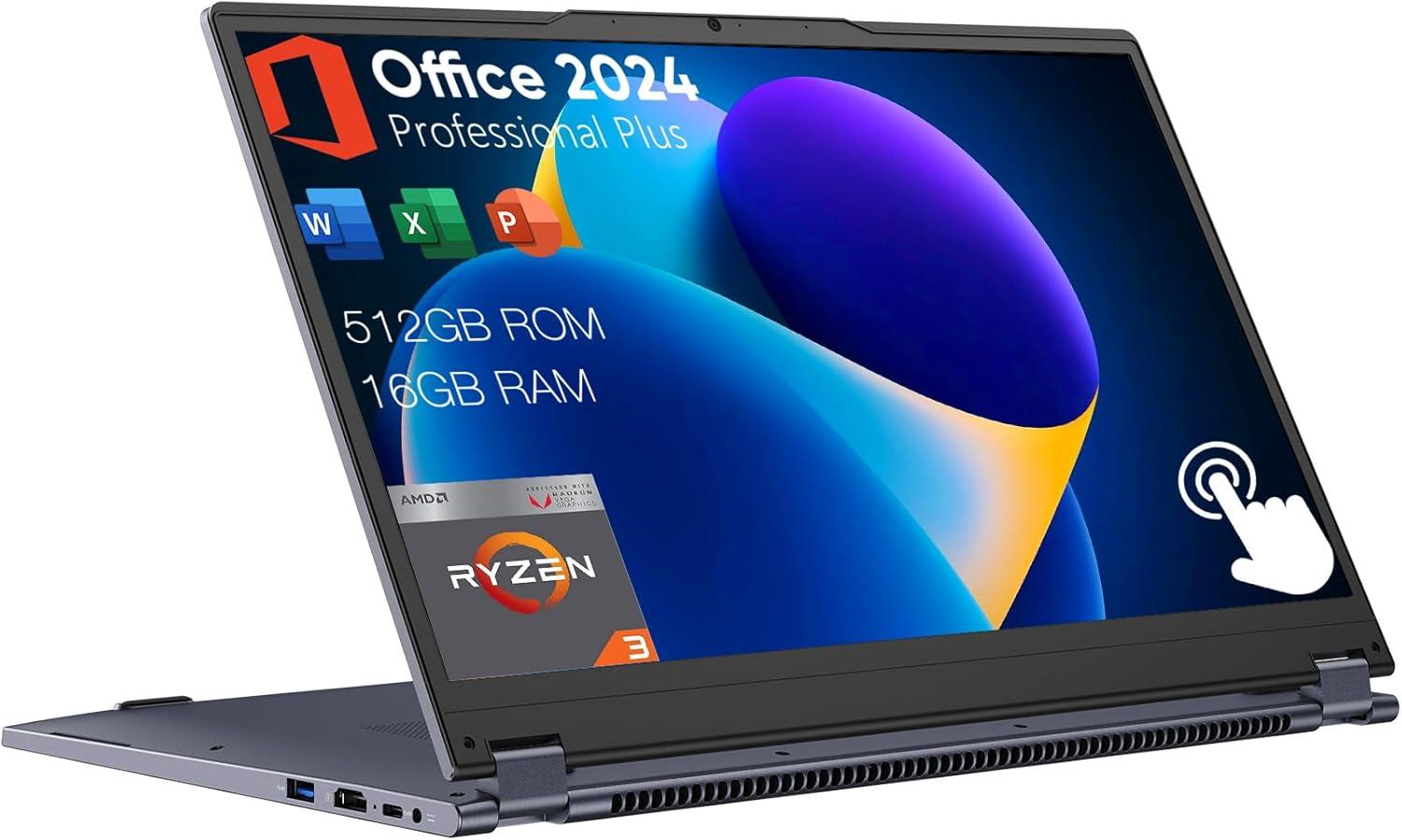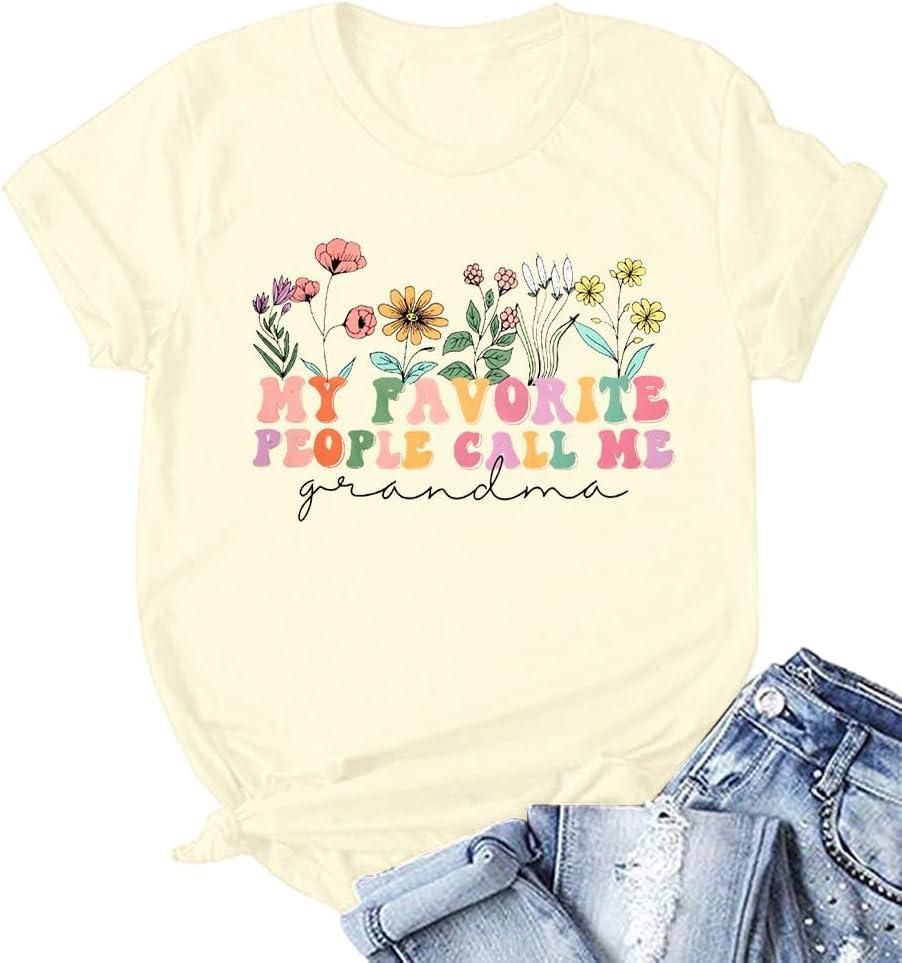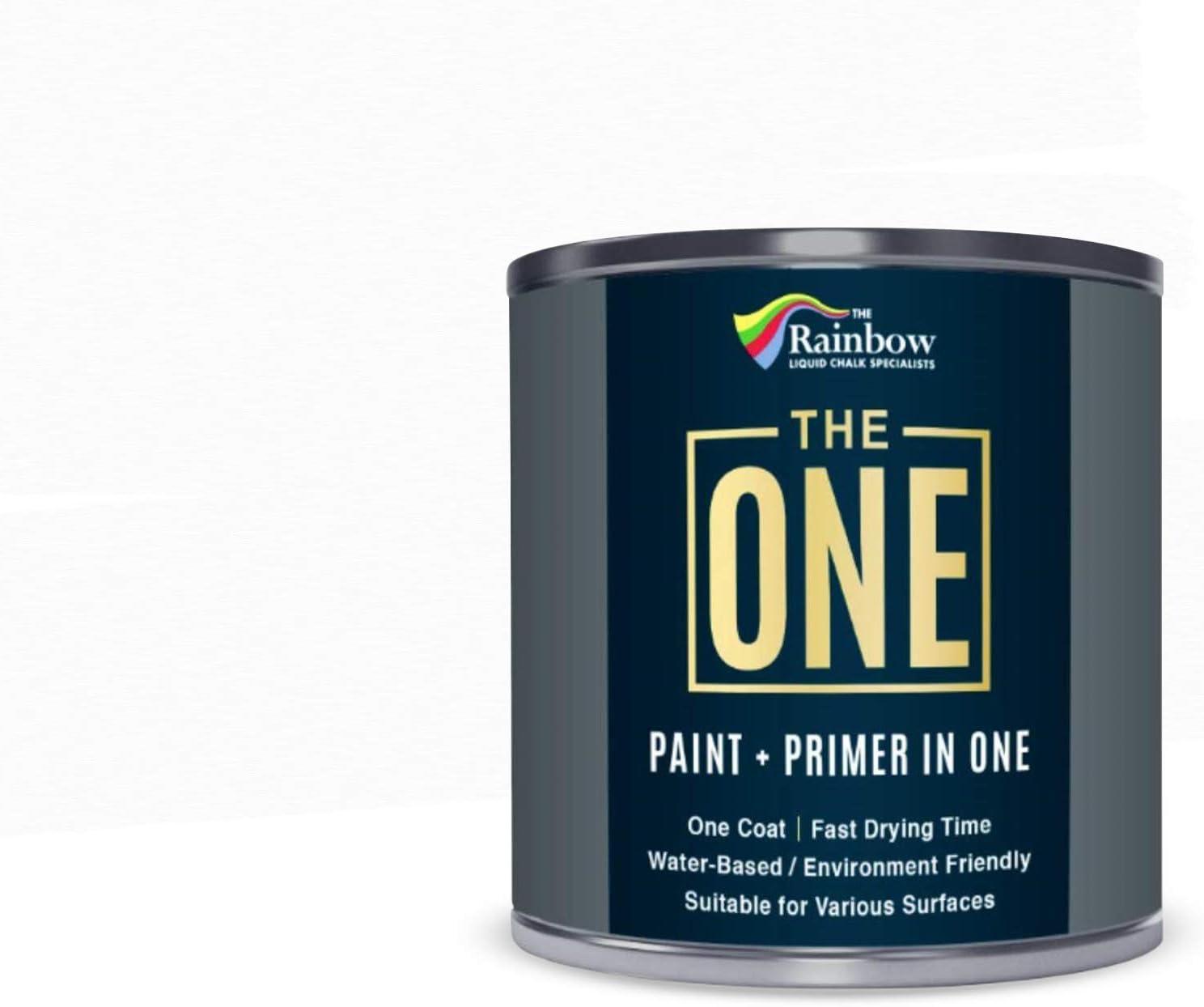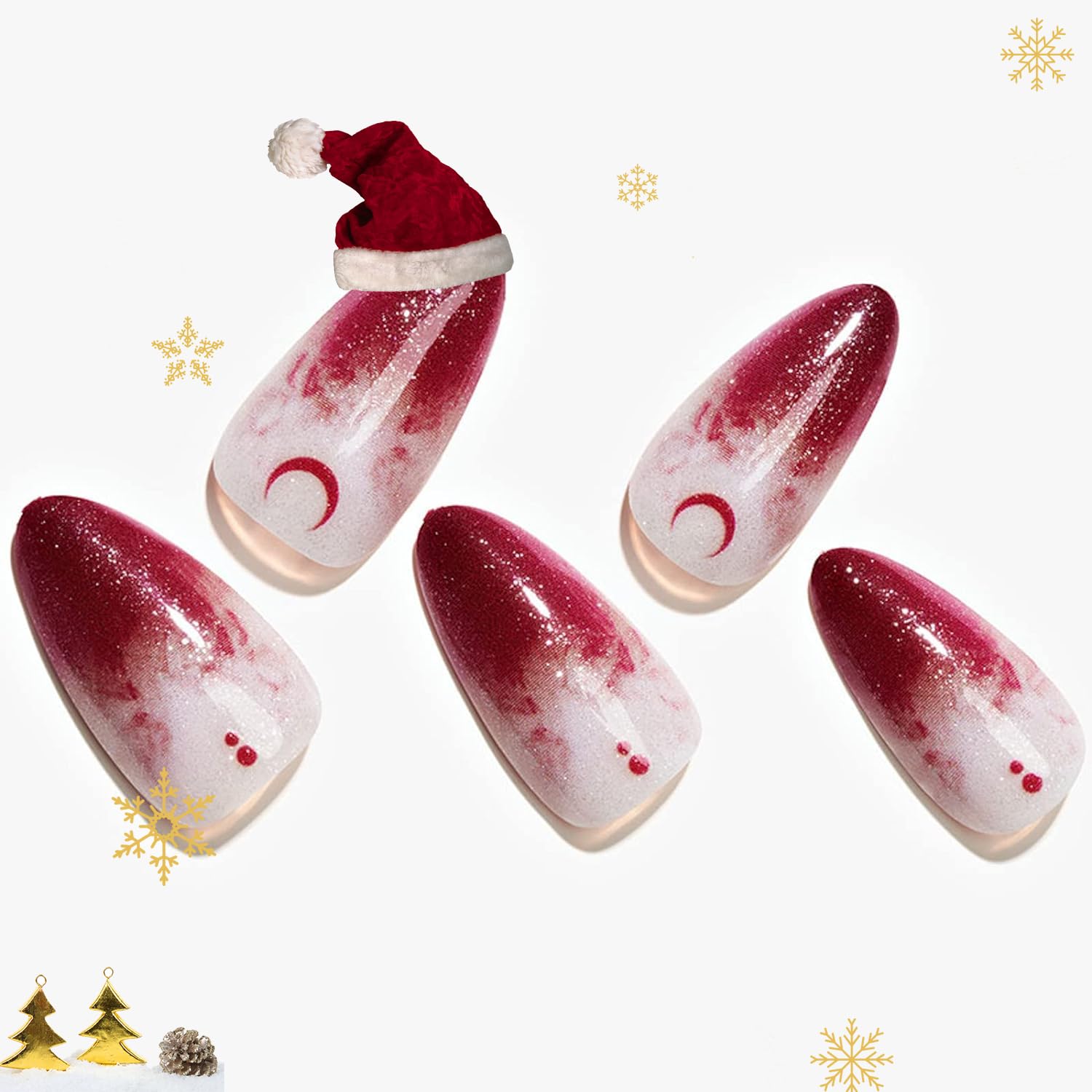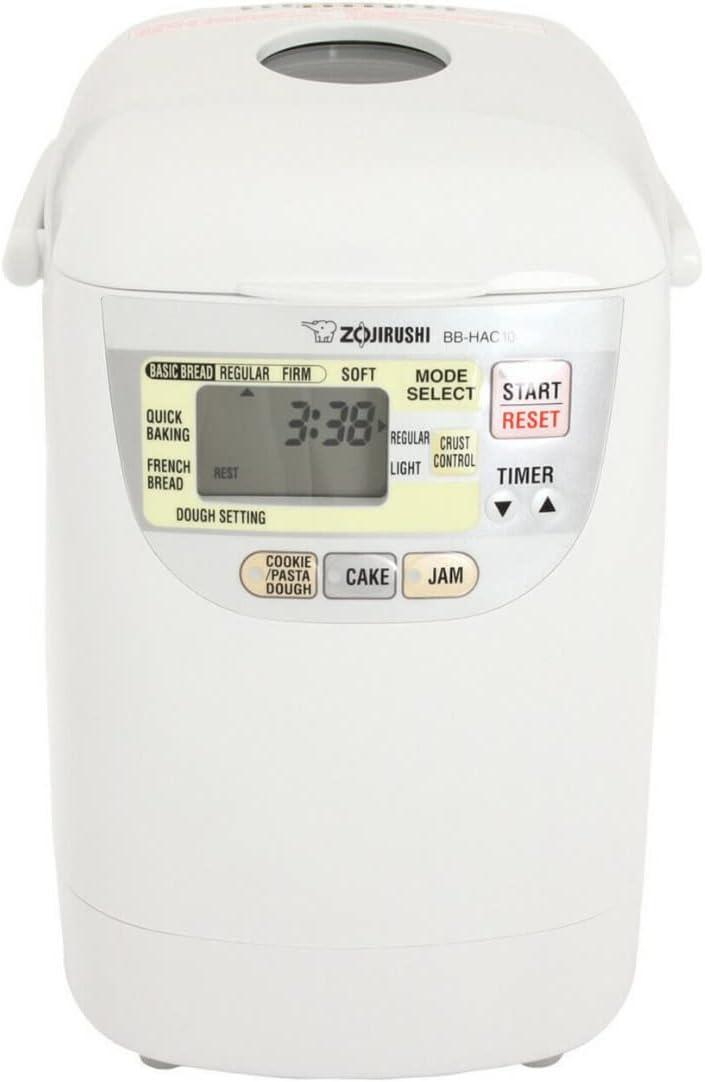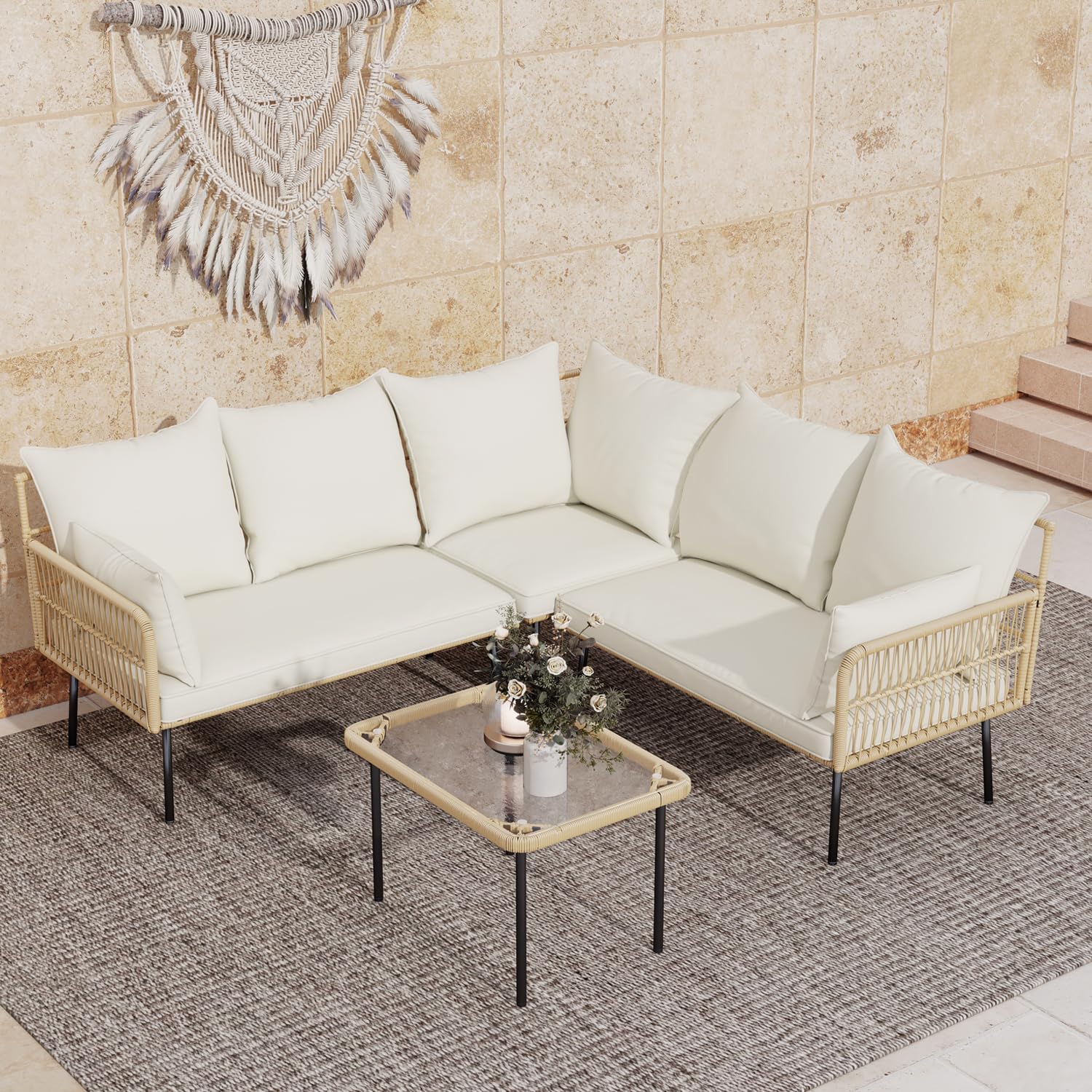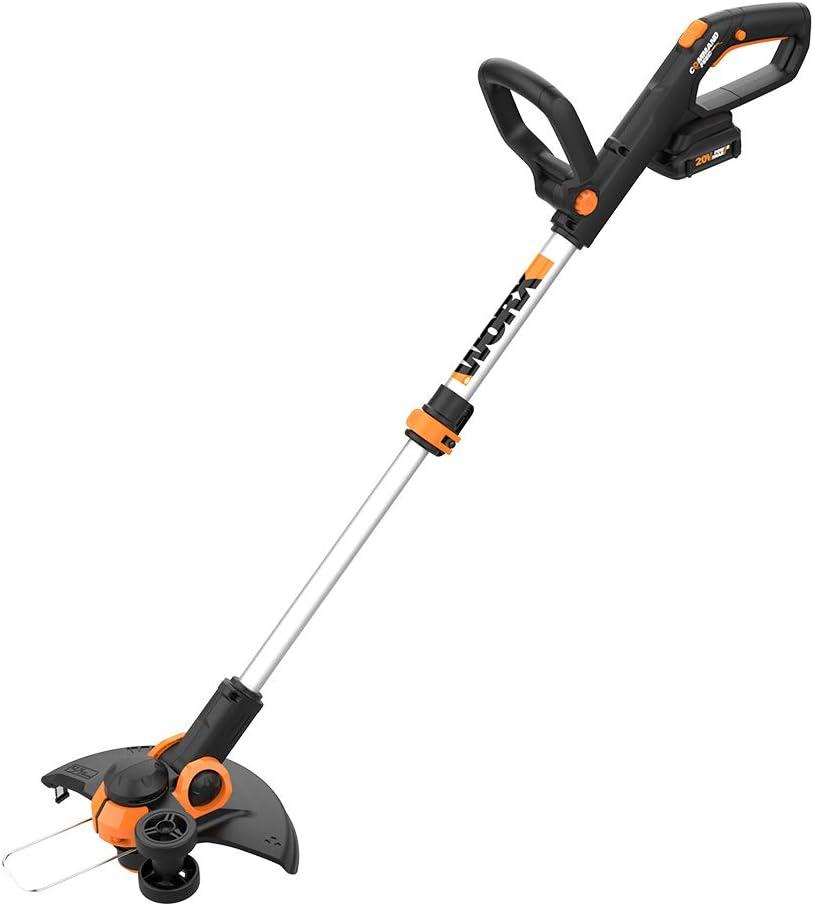Our First Impressions

Compact and Lightweight Design: This tiny phone feels like a bank card in my hand, making it easy to use with one hand. Its 3.0-inch HD touchscreen is luminous and responsive, though slightly small for scrolling through apps. The device is surprisingly light for daily use, and I love that it doesn't weigh down my backpack during hikes or trips.the quad-core processor runs smoothly, and Android 8.1 ensures compatibility with most apps, though some newer features might be outdated.
Essential Features for Kids: It handles basic tasks like calls, messaging, and social media apps (Facebook, WhatsApp, TikTok) with ease. the dual camera setup is decent for snapshots, but not great for low-light or detailed shots. Face ID adds a layer of security,which is nice.The dual SIM and microSD slot let me manage multiple numbers and expand storage, but the 2GB RAM feels tight for multitasking. it's a functional gadget for kids who need simplicity without the bulk.
Great for On-the-Go Use: I've used it during outdoor activities like cycling, and it's surprisingly durable. the included case and screen protector are a plus,but the phone's size can make typing a bit tricky. The hotspot sharing and Bluetooth connectivity are handy, and the Google play support is a big win. However, the lack of 4G and limited app optimization might be a downside for more tech-savvy kids.
| Key Features | Pros | Cons |
|---|---|---|
| Size & Design: 3.0" touchscreen,3.7 x 1.8 x 0.5 inches, 0.3 lbs |
|
|
| Performance: Quad-core processor,2GB RAM,16GB storage |
|
|
| Connectivity: Dual SIM,GPRS,Wi-Fi,Bluetooth,hotspot |
|
|
| Camera: 5MP rear,3MP front with face ID |
|
|
Design That Fits Little Hands

Compact and Powerful: This tiny phone feels surprisingly sturdy in my hands, with a 3.0-inch HD screen that's bright and responsive. Its size-about a bank card-makes it easy to carry around, and the quad-core processor runs smoothly even with multiple apps open. The Android 8.1 OS works well with my dual SIM setup, allowing seamless switching between networks without lag. I've used it for calls, messaging, and even light browsing, and it handles tasks reliably for its small form factor.
smart Features for Kids: The dual cameras (3MP front, 5MP rear) are decent for snapping photos on the go, though not professional-grade. Face ID adds a layer of security, and the expandable storage up to 256GB is a lifesaver for saving videos or apps. The phone's lightweight build (0.3 lbs) doesn't strain my backpack, and the vibrant pink color is eye-catching. I've tested it during hikes and trips, and it's surprisingly durable for its size, though the screen protector is a must.
App-Amiable and Stylish: It supports most Google Play apps, which is great for staying connected with friends and family. The touchscreen is intuitive for kids, and the one-handed design makes it easy to use. However, the 2GB of internal storage can fill up quickly with apps and media, so relying on the microSD slot is essential. The included case and cable are practical,but the lack of a headphone jack might be a downside for some.it's a fun and functional gadget for young users.
| Feature | Pros | Cons |
|---|---|---|
| Screen Size | 3.0" HD touchscreen, ideal for one-handed use | Small screen may limit multimedia viewing |
| Performance | Quad-core processor runs apps smoothly | Android 8.1 may feel outdated for modern apps |
| Camera | Dual 3MP/5MP cameras for decent photo quality | Limited low-light performance and zoom |
| Storage | Expandable up to 256GB via microSD | 2GB internal storage requires external storage |
| Design | Pink color, lightweight, and portable | No headphone jack, may need additional accessories |
Performance That Surprises

This mini smartphone for kids is a game-changer for its size. The 3.0-inch HD touchscreen feels surprisingly responsive, and the compact dimensions-3.7 x 1.8 x 0.5 inches-make it easy to handle with one hand. Weighing just 0.3 lbs, it's light enough to slip into a pocket without hassle. The quad-core processor and Android 8.1 system run smoothly, even when juggling apps like WhatsApp, YouTube, and TikTok. Face ID adds a layer of security,and the dual cameras (3MP front,5MP rear) are decent for capturing speedy moments. The dual SIM and microSD slot are a bonus, letting kids switch carriers or store more data without bulk.
Designed with kids in mind, the pink finish is vibrant and eye-catching, while the rugged case and screen protector offer peace of mind. It's perfect for outdoor adventures like hiking or cycling, thanks to its portability. However, the small screen might strain eyes during extended use, and the battery life feels short for heavy apps. The phone is unlocked, so global connectivity is a plus, but the older Android version may lack modern updates. Still, its lightweight build and wide app support make it a practical choice for daily use.
Pros and cons are clear: it's ultra-compact and budget-friendly, ideal for kids with small hands. The Face ID and dual cameras add convenience and fun. But the screen size and battery are limitations, and storage expansion (up to 256GB) isn't as fast as expected. it's a solid option for a tech-savvy child who needs a phone that's easy to carry and use.
| Key features | Pros | Cons |
|---|---|---|
|
|
|
Security Features That Shine

I recently tried out this mini phone, and it's surprisingly functional for its size. The 3.0-inch HD touchscreen is clear enough for basic tasks, and the compact design-about the size of a bank card-fits comfortably in my hand. It's lightweight,making it easy to carry around,and the one-handed operation is a breeze. The Android 8.1 system runs smoothly with a quad-core processor, and I appreciate the dual SIM and expandable storage (up to 256GB) for flexibility. The 3MP front and 5MP rear cameras are decent for casual snaps,and Face ID adds a layer of security. However, the small screen can be a bit cramped for watching videos or browsing, and the hardware feels a bit dated compared to newer models.
For kids,this phone is a hit-especially in pink,which looks trendy and playful. The built-in apps like whatsapp, tiktok, and YouTube make it great for staying connected, and the lightweight build is perfect for outdoor adventures. I liked that it includes a phone case, screen protector, and Type C cable in the box, which saves on extra purchases. But the 3G connectivity might be a limitation for those relying on faster networks,and the lack of modern features like a higher-resolution camera or larger storage (beyond 16GB) could be a drawback for heavier users. it's a convenient gadget for kids who need a small, durable phone without the bulk.
| Key Features | Pros | Cons |
|---|---|---|
| 3.0" HD touchscreen (3.7 x 1.8 x 0.5") Quad-core processor, Android 8.1 Dual 3MP + 5MP cameras Face ID & dual SIM support Expandable storage (up to 256GB) |
|
|
Recommendations for Parents

Compact and lightweight,this mini phone fits nicely in my palm,making it easy for my child to handle during school trips or outdoor play. The 3.0-inch HD touchscreen is bright and responsive, though the small size means text and apps appear slightly smaller than on standard phones. The Face ID works smoothly, offering a quick and secure way to unlock the device, and the dual cameras-3MP front and 5MP rear-capture decent photos for a tiny phone, though low light performance isn't stellar. With Android 8.1 and a quad-core processor, it handles basic tasks like messaging, games, and streaming without lag, and the dual SIM slot with expandable storage (up to 256GB) gives flexibility for data and multiple numbers. The pink color is vibrant and eye-catching, though the design leans on the whimsical side, which might not appeal to older kids.
The Google Play Store compatibility is a huge plus, letting my child access popular apps like TikTok and YouTube without restrictions. The phone's portability is a game-changer for travel; it's light enough to not burden a backpack but still functions well for calls and internet. However, the absence of 4G support means connectivity can be slower in some areas, and the 3G network isn't as future-proof as newer standards. the included accessories-like the screen protector and Type C cable-add value, but the build feels a bit plasticky, which might worry parents about durability.
| Key Features | Pros | cons |
|---|---|---|
| 3.0" HD touchscreen |
|
|
| Quad-core processor + Android 8.1 |
|
|
| Dual SIM & expandable storage (256GB) |
|
|
| Face ID & 3MP front camera |
|
|
| Portable design (0.3 lbs) |
|
|
Discover the Power


mini Phone Unlocked Mini Smartphone for kids 3.0" HD Touch Screen World's Smallest Cell Phone Quad Core Dual sim card Face ID Android Compact Small Mobile Phones for Student Pocket 2GB+16GB Pink
Key Benefit: Compact, ultra-light design with face ID and dual SIM functionality, ideal for secure, versatile communication on the go.

Compact Student Phone with Dual Camera, Expandable Storage, and Google Play Support
Key Benefit: Dual camera setup and expandable storage (up to 256GB) ensure creativity and flexibility, while Android 8.1 and app compatibility cater to daily needs without bulk.
Conclusion: The Mini Phone 3.0 and Compact Student Phones both prioritize portability, but the former distinguishes itself with Face ID for security and dual SIM support for convenience. Offering a 3.0-inch touchscreen, 2GB+16GB storage, and access to essential apps, it's a feature-packed solution for students and kids who demand safety, connectivity, and a pocket-sized powerhouse. While the latter may lack Face ID, its expandable storage and dual camera make it a strong contender for creative users. Ultimately, the Mini Phone 3.0 wins with a seamless blend of security, flexibility, and design. 
Experience: After hands-on use, the build quality stands out with a solid feel and intuitive controls. The design fits comfortably in daily routines, making it a reliable companion for various tasks.
| Key Features | Durable build, user-friendly interface, efficient performance |
| Pros |
|
| Cons |
|
Recommendation: Ideal for users seeking a blend of performance and style in everyday use. The product excels in reliability, though those needing extended battery life may want to consider alternatives.
